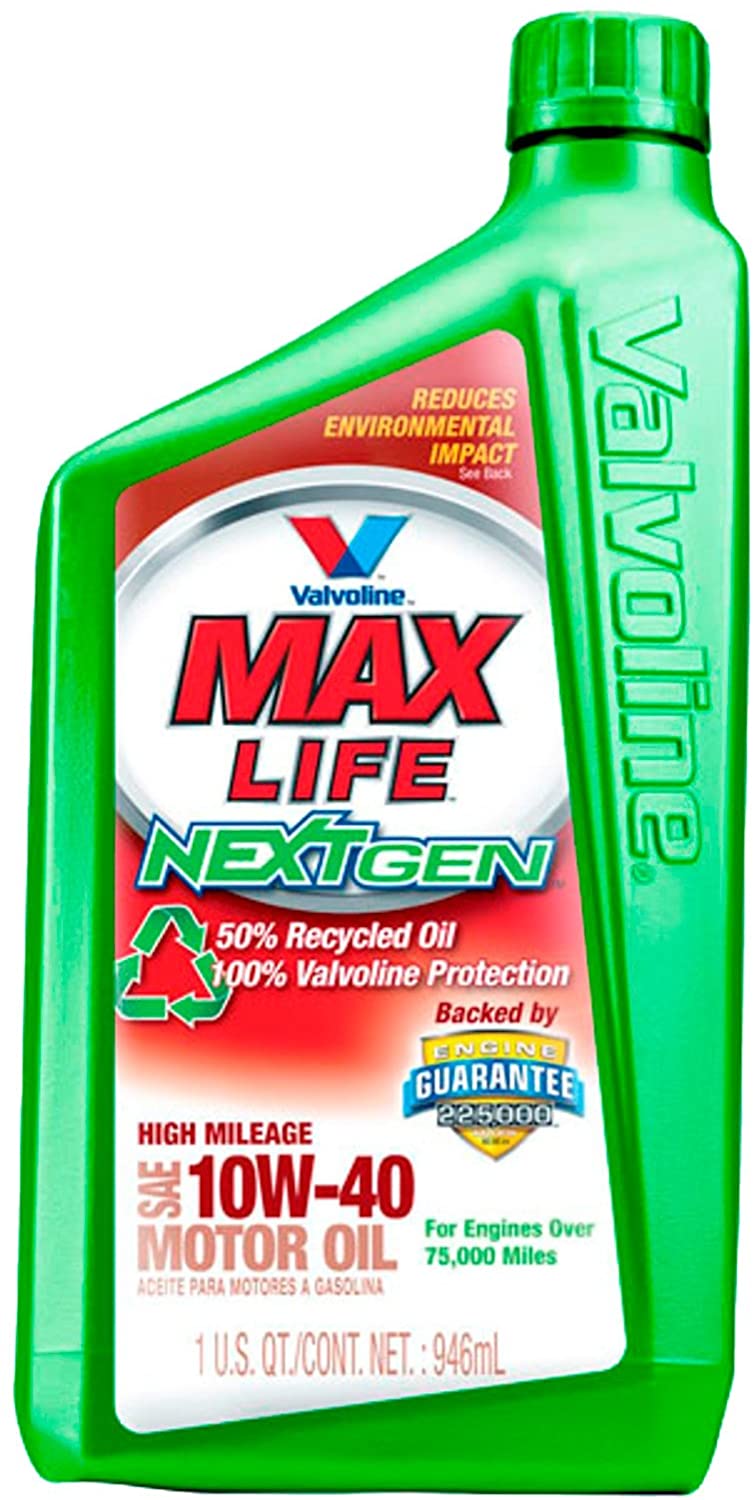
Product Description
Valvoline MaxLife NextGen motor oil is a breakthrough formula motor oil that delivers 100 percentage Valvoline protection from 50 percentage recycled oil. Valvoline NextGen recycled oil cuts crude use, lowers emissions and reduces environmental impact when compared to oil made without recycled content. It is triple filtered to remove micro-impurities and then re-refined to restore the right chemical properties. An advanced additive package is added and blended and packaged. NextGen exceeds demanding industry API specifications for wear protection viscosity protection and sludge protection.
Amazon.com
Motor oil is made from crude oil and is used to lubricate, clean, and cool engines. Types of motor oil include conventional, synthetic, diesel, bio-based, hybrid (blends of conventional and synthetic), and recycled oils. Motor oil varies in weight and viscosity, as well as additives that some manufacturers add to the oil during the refining process. A numerical code system created by the Society of Automotive Engineers (SAE) grades motor oils according to viscosity--the higher the number between 0 and 60, the more viscous (thicker) the oil is. Most consumer motor oils are graded by two numbers, with the first number indicating cold weather (Winter or "W") performance.
SAE 10W-40
This oil has a weight of SAE 10W-40, meaning it has an SAE viscosity rating of 10 in cold temperatures and a rating of 40 at normal operating temperature. Always check your vehicle's owner's manual to verify that this is the correct weight of motor oil for your vehicle.
Conventional Motor Oil
This oil is a conventional motor oil, meaning it is refined from crude oil or petroleum products. Conventional motor oils may or may not have additives included after refining. Conventional motor oils are more versatile than synthetic or hybrid motor oils, because they are suitable for use with nearly all types of modern vehicle engines, from cars and trucks to motorcycles, ATVs, farm equipment, and more.
High Mileage Oil
This oil is primarily designed for use in high-mileage cars and trucks, including both older vehicles and new vehicles that see heavy long-distance use. Extra additives are included to minimize compression loss, and to condition rubber seals and gaskets to prevent fluid leakage in older or high-mileage vehicles.
Amazon.com
Motor oil is made from crude oil and is used to lubricate, clean, and cool engines. Types of motor oil include conventional, synthetic, diesel, bio-based, hybrid (blends of conventional and synthetic), and recycled oils. Motor oil varies in weight and viscosity, as well as additives that some manufacturers add to the oil during the refining process. A numerical code system created by the Society of Automotive Engineers (SAE) grades motor oils according to viscosity--the higher the number between 0 and 60, the more viscous (thicker) the oil is. Most consumer motor oils are graded by two numbers, with the first number indicating cold weather (Winter or "W") performance.
SAE 10W-40
This oil has a weight of SAE 10W-40, meaning it has an SAE viscosity rating of 10 in cold temperatures and a rating of 40 at normal operating temperature. Always check your vehicle's owner's manual to verify that this is the correct weight of motor oil for your vehicle.
Conventional Motor Oil
This oil is a conventional motor oil, meaning it is refined from crude oil or petroleum products. Conventional motor oils may or may not have additives included after refining. Conventional motor oils are more versatile than synthetic or hybrid motor oils, because they are suitable for use with nearly all types of modern vehicle engines, from cars and trucks to motorcycles, ATVs, farm equipment, and more.
High Mileage Oil
This oil is primarily designed for use in high-mileage cars and trucks, including both older vehicles and new vehicles that see heavy long-distance use. Extra additives are included to minimize compression loss, and to condition rubber seals and gaskets to prevent fluid leakage in older or high-mileage vehicles.
From the Manufacturer
Valvoline NextGen - Starts Better Than Crude Oil, Ends Better Than New Oil
Used oil is better than crude for making new oil, and it goes through the same refining process. NextGen is part used oil that’s made to exceed industry specs and match Valvoline protection. Plus, because it saves resources, it’s better than new oil.Proven Quality
NextGen starts from a better place than crude oil. Used oil has less contaminants and more oil molecules, so it's better than crude for making new oil. Using the same refining processes as crude, Valvoline then combines special additives for a formula that exceeds industry specifications and delivers the same protection as premium conventional oil. NextGen is so good, it's even backed by Valvoline's Engine Guarantee Program.Best of all, because recycling saves resources, NextGen protects more than your engine—it also protects the environment. And that makes NextGen even better than new oil.
There's a lot of life left in used oil
Finished motor oil is generally made from 85% base oil and 15% additives. The "oil part" of motor oil doesn't really wear out. As oil goes through the drain cycle in the engine, it's the additives that wear out. At the same time, contaminants like fuel, metals and sludge build-up in the oil. But the vast majority of oil molecules do not breakdown and are fully usable. The recycled oil in NextGen goes through a multi-stage refining process to remove contaminants and additives to create fresh base oil. Then Valvoline adds-in award-winning chemistry to create new oil performance that's 50% recycled.
The Importance of Used Oil Recycling
Every year, approximately 800 million gallons of motor oil are used in U.S. cars and trucks. When you consider that one gallon of motor oil can contaminate up to one million gallons of drinking water, you can see the importance of ensuring that all of those gallons make their way to a recycling center.Recycled oil is better for the environment
Recycled oil reduces impact on the environment vs. oils made without recycled content. The amount of energy used to find, drill, transport and refine crude oil is significant. Recycled oil eliminates or reduces many of these steps, and therefore has a smaller "carbon footprint," reduces energy consumption and lowers pollutants that contribute to climate change. Recycled oil also helps reduce the need for new drilling and crude refining, reusing what's already been pulled out of the ground.
The biggest news in oil is about using less oil
The amount of energy used to find, drill, transport and refine crude oil is significant. NextGen eliminates or reduces many of these steps, and therefore has a smaller "carbon footprint". It also reduces energy consumption and cuts fossil fuel use compared to oil made without recycled content. NextGen helps reduce the need for new drilling and crude refining by reusing what's already been pulled out of the ground.
Valvoline created NextGen to reduce impact on the environment without sacrificing performance
If drivers switch to NextGen, it would reduce the need for 1.6 billion quarts of oil. That's enough oil to stack barrels from New York to Los Angeles and back every year.
Frequently Asked Questions About Valvoline NextGen
Is Valvoline NextGen recycled oil just dirty oil that has been cleaned?
No. NextGen uses newer refining process just like crude oil refining. A multi-stage refining process removes contaminants and additives to create fresh oil that performs as good as new. Then special additives are blended to create motor oil with superior performance and protection characteristics compared to specifications. Valvoline has a rigorous quality control process to assure that NextGen is of the highest quality.
Why is NextGen only made from 50% recycled oil instead of 100% recycled oil?
Just like crude oil refining, re-refining of used oil creates base oils of different quality levels. And we select only those recycled base oils that meet our exacting quality standards. At this time, there is only enough of the highest-quality recycled base oils to make a 50% blend. We are continually working with oil re-refiners to generate more of the top-quality base oil, and we certainly hope to move the percentage of recycled base oils higher in the future.
Are there any disadvantages of using recycled oil versus virgin crude?
None at all. With today's re-refining processes, quality is not compromised, and performance is assured. The only disadvantage of using re-refined base stock oil is limited availability.
Will using recycled motor oil void my manufacturer's warranty?
No. All major car manufacturers have approved the use of recycled motor oil that is properly certified by the American Petroleum Institute (API). Valvoline NextGen recycled motor oil carries and exceeds all API certifications.
Is NextGen covered by the Valvoline Engine Guarantee program?
Yes. The Valvoline Engine Guarantee covers your engine if it fails, hassle free. If you have 125,000 miles or less, using Valvoline NextGen can give you an engine guarantee up to 225,000 miles. Registration required, visit www.engineguarantee.com to learn more.
Is it safe to switch to NextGen if I have been using another motor oil?
Yes. NextGen delivers the performance you need and the protection you expect. It's reformulated to the highest standards, and backed by the Valvoline Engine Guarantee.
Is recycled oil better for the environment?
Yes. Recycling motor oil prevents used oil from contaminating the soil and water. Recycled oil also uses 56% fewer resources compared to oil made without recycled content.
What is the best way to return used oil for re-refining?
Take care to place used oil in a clean plastic container with a tight lid, and never store used oil in a container that has held chemicals, food, or beverages. Oil should not be mixed with anything else, such as antifreeze, solvent, or paint. Don't forget that additional oil can be recovered by draining used oil filters. Thoroughly drained filters can be disposed of in household trash. You'll find that many automotive retailers and municipalities collect used motor oil for recycling.
How often do I need to change my oil when I use NextGen motor oil?
Valvoline recommends changing oil every 3,000 miles. Most consumers (more than 80% of drivers, according to a State of California study) drive under what is considered severe driving conditions (stop and go, short trips, towing, or very hot or very cold temperatures). So, changing the oil and filter every 3,000 miles is the best way to ensure engine health.
Why doesn't Valvoline put re-refined oil in all your motor oil products?
Our estimates indicate that availability of the high quality re-refined base stock Valvoline requires to produce NextGen is limited. As supply of recycled oil increases, we'll continue to explore alternative formulations.
Why did Valvoline decide to make NextGen motor oil?
Valvoline is constantly exploring ways to continue to innovate and deliver greater value to our customers. The combination of improvements in re-refining technology and our proprietary formula has allowed us to create a product that delivers 100% Valvoline quality in a product made up of 50% recycled oil. We are extremely excited about bringing a product to market that is better for the environment and great for your engine.
Returns Policy
You may return most new, unopened items within 30 days of delivery for a full refund. We'll also pay the return shipping costs if the return is a result of our error (you received an incorrect or defective item, etc.).
You should expect to receive your refund within four weeks of giving your package to the return shipper, however, in many cases you will receive a refund more quickly. This time period includes the transit time for us to receive your return from the shipper (5 to 10 business days), the time it takes us to process your return once we receive it (3 to 5 business days), and the time it takes your bank to process our refund request (5 to 10 business days).
If you need to return an item, simply login to your account, view the order using the 'Complete Orders' link under the My Account menu and click the Return Item(s) button. We'll notify you via e-mail of your refund once we've received and processed the returned item.
Shipping
We can ship to virtually any address in the world. Note that there are restrictions on some products, and some products cannot be shipped to international destinations.
When you place an order, we will estimate shipping and delivery dates for you based on the availability of your items and the shipping options you choose. Depending on the shipping provider you choose, shipping date estimates may appear on the shipping quotes page.
Please also note that the shipping rates for many items we sell are weight-based. The weight of any such item can be found on its detail page. To reflect the policies of the shipping companies we use, all weights will be rounded up to the next full pound.
 English
English Arabic
Arabic













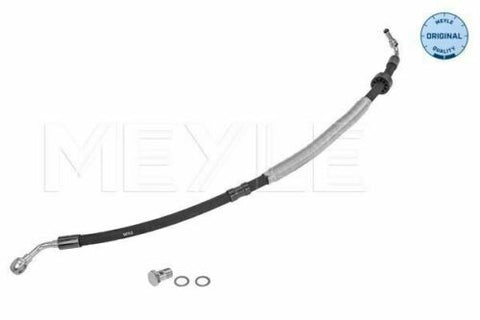

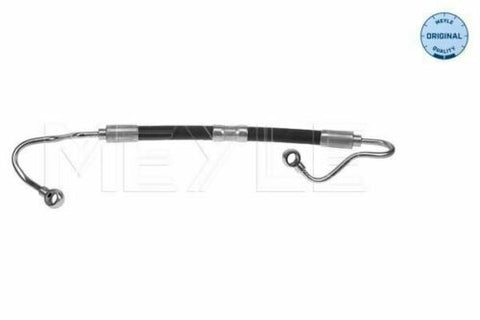

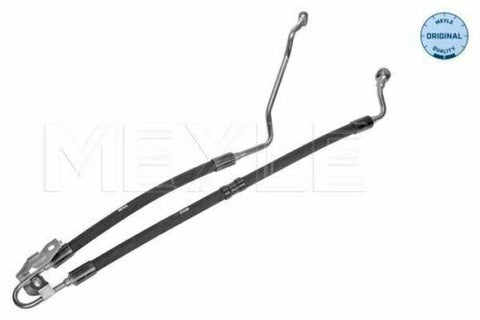

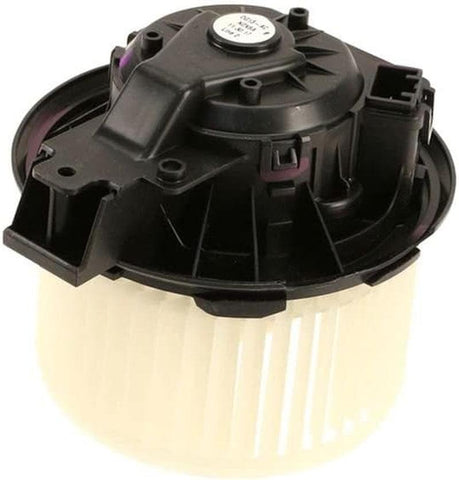
 Chat with Us
Chat with Us
